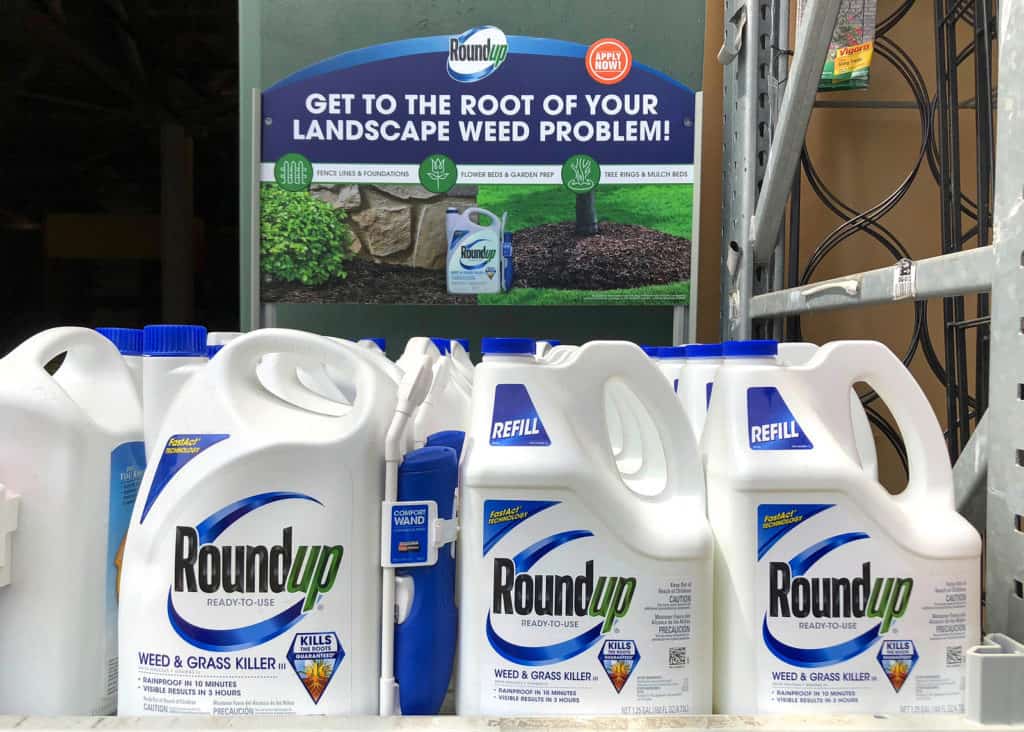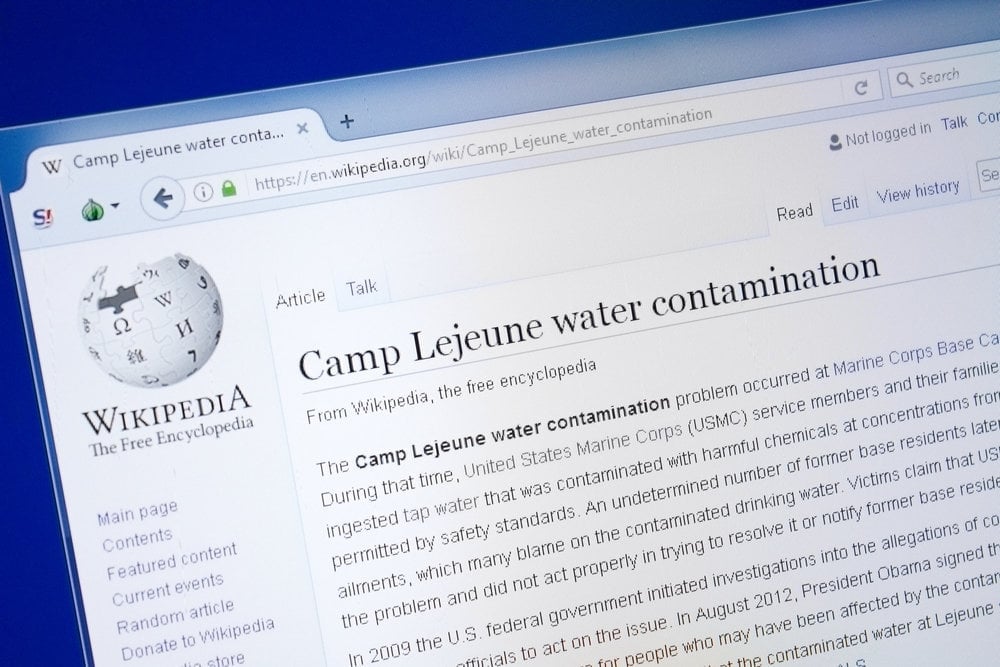A class action lawsuit has been filed in the Federal Court of Australia against Monsanto and its Australian division Huntsman Chemical Company, the manufacturers of Roundup, one of the world’s most popular weedkillers.
The lawsuit alleges that exposure to glyphosate, the key ingredient in Roundup, caused non-Hodgkin lymphoma, a type of cancer that affects the lymphatic system, in more than 800 Australians.
The lead applicant in the case is a 40-year-old man from Queensland who worked for his family’s vegetation management business for 20 years, spraying weeds on the side of highways and other properties.
He was diagnosed with non-Hodgkin lymphoma in 2018 and underwent chemotherapy and radiation treatment. He went into remission in 2019, but his cancer returned six weeks ago.
The class action is expected to last for nine weeks and will hear from expert witnesses about whether glyphosate is carcinogenic to humans and can cause non-Hodgkin lymphoma.
If that is proven, the court will then decide whether Monsanto and Huntsman were negligent regarding the risks posed by their products.
The Basics of Class Action Lawsuits
At its core, a class action lawsuit allows a large group of people who have suffered similar harm to come together and sue a defendant as a collective group rather than filing individual lawsuits.
This mechanism is designed to efficiently resolve claims that might be too small for individual lawsuits but, when combined, represent significant harm or financial loss.
Class Action Lawsuits in the United States: An “Opt-Out” System
In the U.S., class actions typically operate on an “opt-out” basis. This means that once the lawsuit is filed and the court certifies a particular group of people as a class, all individuals who fit the definition of that class are automatically included in the lawsuit unless they actively choose to “opt-out.”
For instance, if a company was being sued for overcharging all its customers during a specific time period, every customer from that time would be automatically included in the lawsuit unless they chose to remove themselves. If the lawsuit is successful, members of the class who didn’t opt out can claim a portion of the settlement or judgment.
Class Action Lawsuits in Australia: An “Opt-In” System
In contrast, Australia’s class action laws operate primarily on an “opt-in” basis. Under this system, the class is not automatically composed of everyone who fits the definition. Instead, individuals must actively choose to “opt-in” and become part of the class action.
In other words, you won’t be included unless you take deliberate action to join the lawsuit. This means that the group litigating might be smaller, and those who don’t actively decide to join won’t benefit from any settlement or judgment that arises from the lawsuit.
While the purpose of class action lawsuits in both countries is to provide an efficient means for a group of similarly affected people to seek redress, the way individuals become members of that group is distinctly different.
In the U.S., you’re in unless you choose to leave, whereas in Australia, you’re out unless you decide to join.
Monsanto Denies Roundup Class Action Claims
Monsanto and Huntsman deny that glyphosate harms human health and claim that it has been tested in hundreds of studies. They argue that Roundup is safe and not carcinogenic when used as directed.
Roundup Lawsuits and Settlements
The class action is just one of many lawsuits that have been filed around the world against Monsanto and its parent company, Bayer, over the alleged link between Roundup and cancer.
- In 2018, a jury in California awarded $289 million to a school groundskeeper who claimed that Roundup caused his non-Hodgkin lymphoma. The verdict was later reduced to $78 million and is being appealed by Bayer.
- In 2019, another jury in California awarded $80 million to a man who claimed that Roundup caused his cancer.
- In 2020, Bayer agreed to pay up to $10.9 billion to settle tens of thousands of similar claims in the U.S.
Importance of the Australian Roundup Class Action
The outcome of the Australian class action could have significant implications for the future of Roundup and glyphosate-based herbicides in the country.
According to the Australian Pesticides and Veterinary Medicines Authority, glyphosate is registered for use in more than 500 products in Australia and is widely used by farmers, gardeners, landscapers, and local councils.



